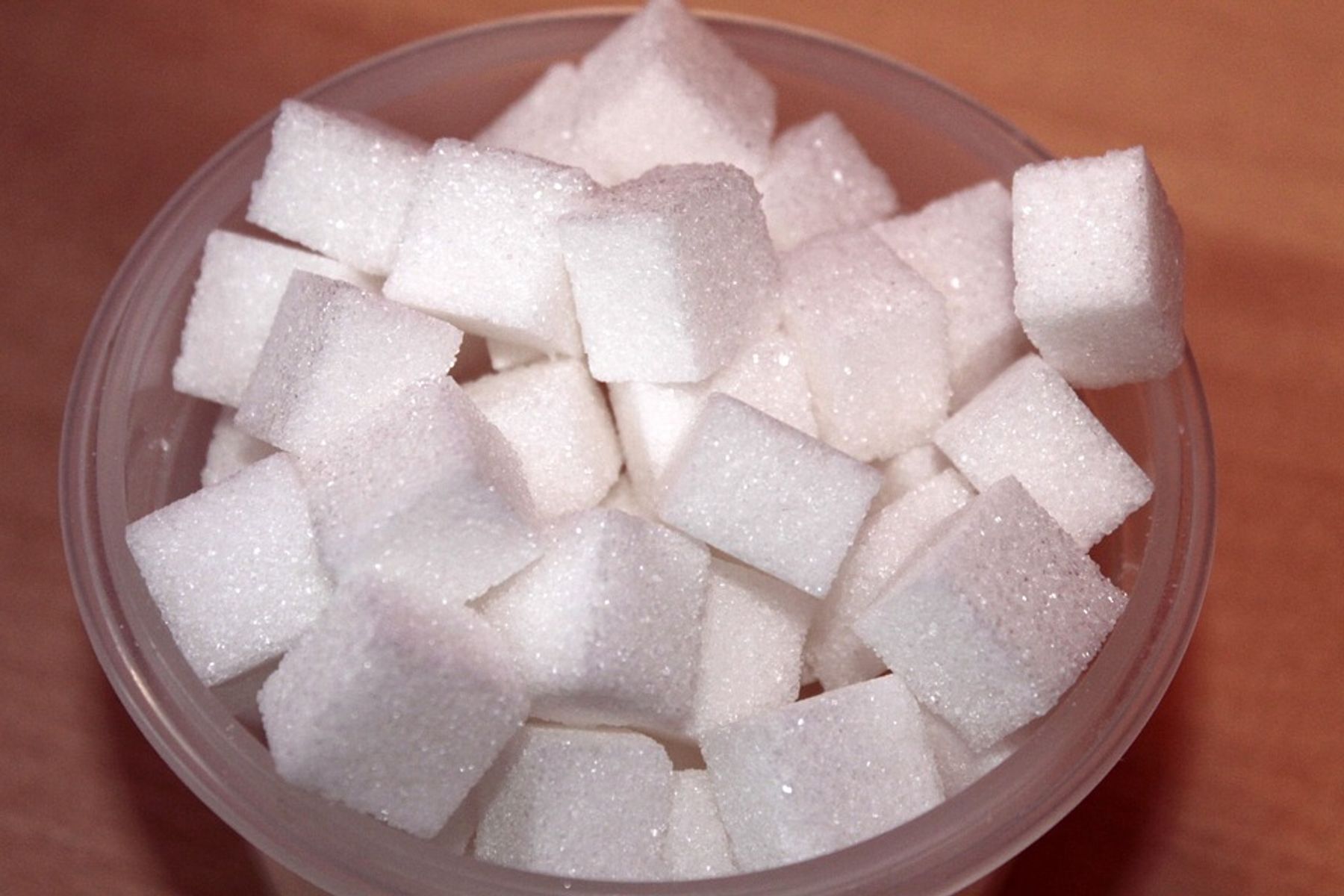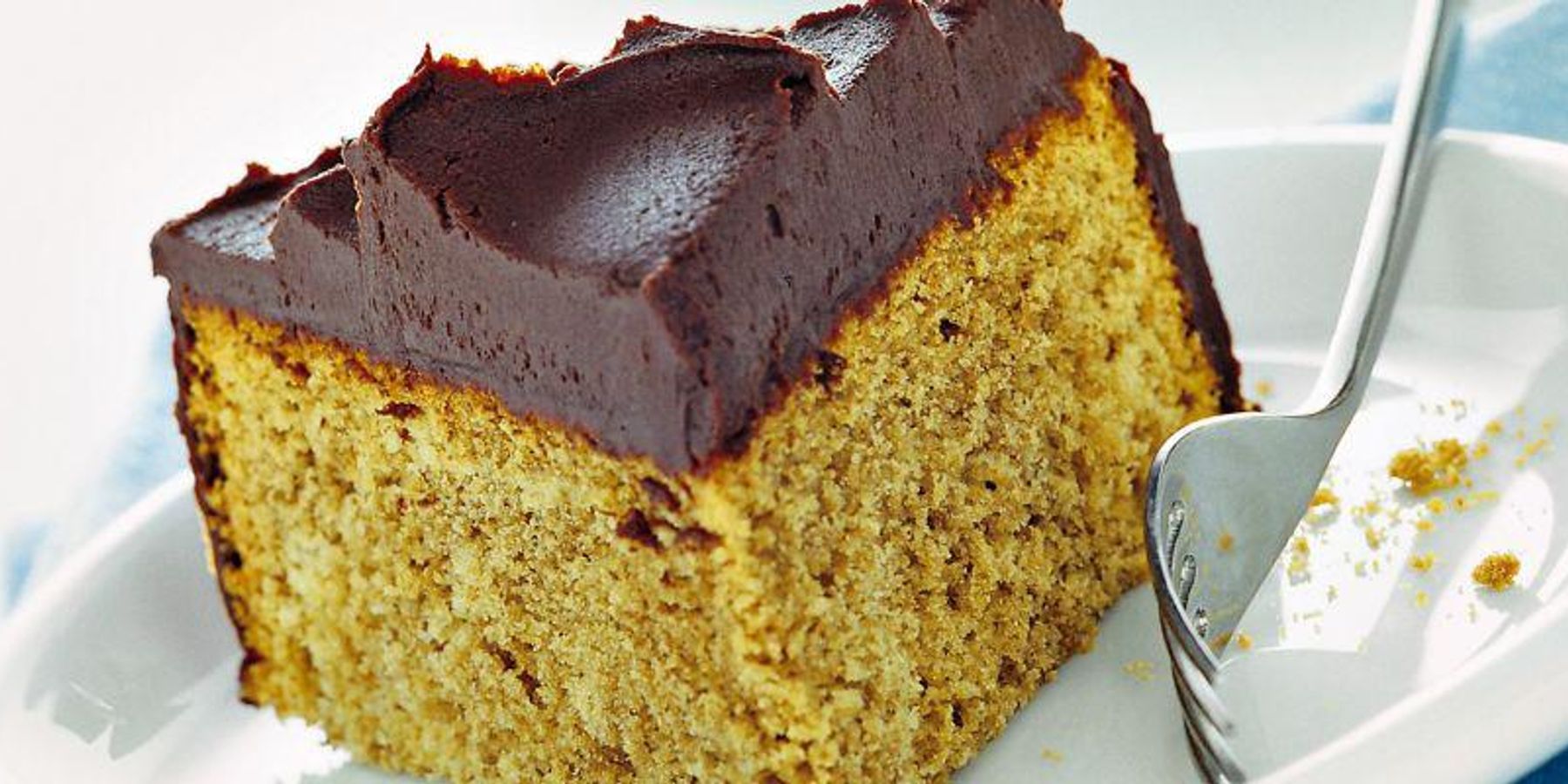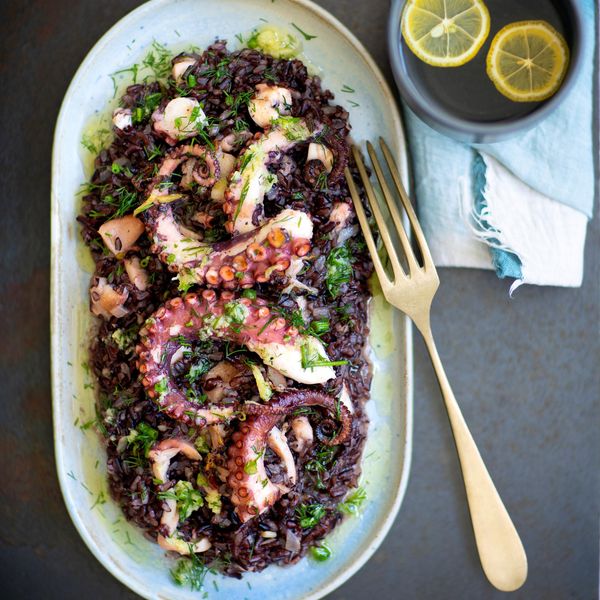
Dangerous candies, sugary bottles and bad habits from an early age. Caries spread arm in arm with sucrose. While information is lacking, the food industry could do more.
An army of children with rotten teeth , who collect an excess of added sugars from an early age and bad habits. This is the complaint of an expert from the World Health Organization, who explains the reasons for this caries epidemic and reflects on the mistakes. Pointing the finger above all against the food industry, guilty of not encouraging the use of non-cariogenic sweeteners such as xylitol and stevia sugar.
Added sugar
"The incomprehensible fact is that sucrose is also added to foods that are naturally sweet and would not need to be sweetened", explains WHO expert Laura Strohmenger, and the problem as usual is also represented by costs, since Calorie-free and non-cariogenic sweeteners like sugar made from stevia cost more than sucrose. Avoiding added sugar - according to Strohmenger - is therefore one of the imperatives. Even if on the shelves it is very difficult to find fruit juices with the words “no added sugar" or at least with less than 15 grams of sucrose.
The maximum limit
There should be no more than 25 or 36 grams per day in our diet. But to count the ingested sugar it is necessary to know where it is and sometimes it is found in the most unthinkable places, from ready-made condiments, to bars, to bread. As the dentist points out, this is primarily a cultural problem: if people were more informed they would also somehow force the food industry to control sucrose and improve their products. But pediatricians also have their responsibilities, precisely because knowledge often passes through these professionals who have the difficult role of information mediators. (Here we propose a semi-serious game to calculate how much sugar children consume )






